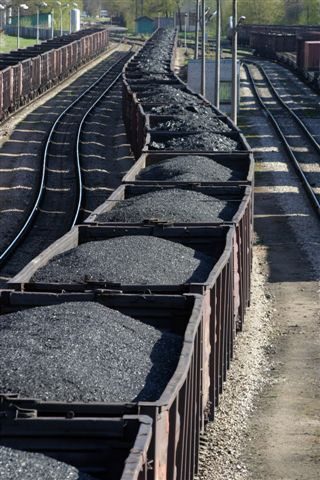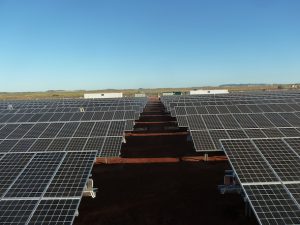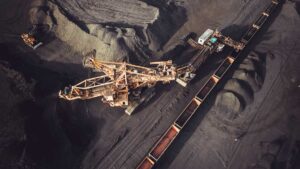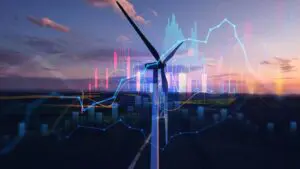In this year’s budget the federal government has allocated funding for what could possibly become a ‘Dirty Energy Finance Corporation’ for Northern Australia.
The proposed Northern Australia Infrastructure Facility would provide up to $5 billion in concessional loans for new roads, rail, water, electricity, ports, airports and communications projects in the region.

Borrowing the money required to lend the money to the states and commercial project proponents will cost Australia $138 million over the three years from 2016-17 onwards, while repayments on the loans are aren’t expected to start until 2021.
Unsurprisingly the Queensland Resources Council welcomed the announcement, stating “this is great news for boosting the resource sector potential of Cape York and the North West minerals province”.
The government acknowledges that loans will be available to support projects that the private sector ‘would not be able to finance without government assistance’.
What is concerning is that Adani, the proponent of the Carmichael Coal and Rail project and the associated port expansion at Abbot Point, is currently looking for funding.
It’s not a stretch of the imagination to think Adani might put in an application for funding under this scheme.
The conditions for commercial applicants are not onerous. Loan recipients would only be required to return at least the Government bond rate over the term of the loan. In other words, the Federal Government will borrow on behalf of projects that are uneconomic, and expect no risk premium in return.
Contrast this with the Government’s attitude towards the Clean Energy Finance Corporation, a statutory authority that is co-investing with the private sector to reduce emissions while also making a profit for taxpayers.
Despite this excellent record, in March this year the Government altered the investment mandate of the Clean Energy Finance Corporation, requiring the CEFC to earn a higher return while maintaining the same risk profile.
In doing this, it looks as if the Government is attempting to set up the CEFC to fail to meet its mandate.
Responding to this change, the Chair of the CEFC, Jillian Broadbent AO, said “achieving these increased returns would require CEFC to consistently out-perform the market by a large margin”.
So while the government insists on significant out-performance for a profit making body working with the private sector to reduce greenhouse gas pollution in Australia, it is happy with underperformance for risky new infrastructure projects in Northern Australia.
The only ray of hope in this plan is the statement that Treasury will engage with experts to decide on the appropriate criteria to consider for projects applying for funding under the proposed facility. It would be concerning if any criteria did not refer to robust cost-benefit analysis guidelines such as those of Infrastructure Australia.
In a press release related to this announcement, the deputy Prime Minister and Minister for Infrastructure and Regional Development said “this work will assist in allocating funding to infrastructure projects that return the highest benefits to communities for a stronger and more prosperous northern Australia”.
The key test for the proposed Northern Australia Infrastructure Facility will be whether or not projects selected, once they’re selected, do indeed return the highest benefits to communities in northern Australia.
The proposed Northern Australia Infrastructure Facility will be open as of 1 July 2015.
It will be interesting to see who turns up to this cheap money party.
Lots of leading global banks, including many of the biggest lenders to Australian fossil fuel projects, have raised concerns about Adani’s proposed Carmichael coal mine and rail project and port expansion, including Société Générale, BNP Paribas, Credit Agricole, Barclays, Royal Bank of Scotland, Deutsche Bank, HSBC, Citi, Morgan Stanley, JP Morgan and Goldman Sachs.
Australian citizens would be justifiably appalled if this risky and unpopular coal mine ended up getting funded with their taxpayer dollars.
Tristan Knowles is an Energy Analyst at the Australian Conservation Foundation







